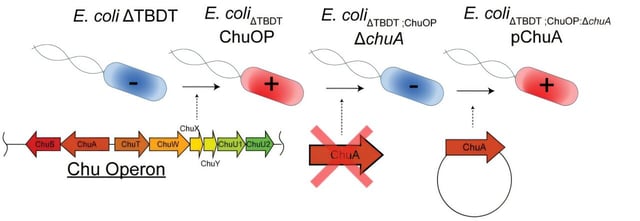Overview
- Laboratory trials showed the de novo proteins bind to E. coli heme receptors and block iron uptake, effectively neutralizing antibiotic-resistant strains.
- The initiative is co-led by Dr. Rhys Grinter and Associate Professor Gavin Knott across the University of Melbourne Bio21 Institute and Monash Biomedicine Discovery Institute.
- Built on open-source tools like Bindcraft and Chai and methods from Nobel laureate David Baker, the platform offers a complete end-to-end design workflow.
- By combining structural biology with machine learning, the system bypasses evolution-based methods and accelerates custom protein generation from months to minutes.
- Researchers are exploring extensions of this approach for vaccines, nanomaterials, biosensors and other biomedical applications.
